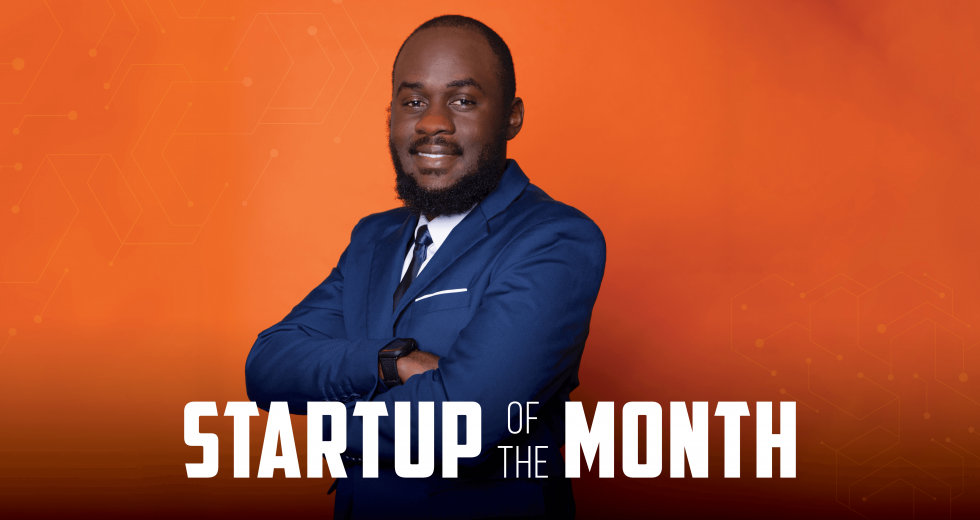In Uganda, farmers clean maize in three traditional ways: hand sorting, winnowing and sieving. During an internship in eastern Uganda in 2018, Ismael Mayanja observed these processes and believed there had to be a better method.
“I saw it was so laborious and wasted a lot of time, and the maize output was not very clean,” says Mayanja, co-founder of Badaye Technologies, who is pursuing a Ph.D. in biosystems engineering at UC Davis. “It came to me that there needs to be a much better way to clean the maize.”
After that, Mayanja developed a prototype that uses a simple pedal system, like a bicycle, to clean maize without electricity or fuel. Many rural farmers, he says, can’t afford high-tech robot cleaners or have no access to electricity. This is why it was important for the design to be low-tech, but efficient.
“The aim is to develop intermediate technologies,” he says, “bridging the inefficient technology of current maize cleaners with the advanced technology of robots.”
He co-founded Badaye Technologies with his friend, Isaac Oluk, a University of Kentucky doctoral student in environmental engineering. For the machine, they came up with the name Sunsula, which he says means “to clean” in Luganda, one of the major languages in Uganda. After founding the company, Mayanja came to UC Davis for his master’s degree. From 2019 to 2021, the company had solid designs, he says, but no direction.
In 2022, they went back to the original prototype, upgrading the Sunsula with more durable sieves. Product benefits include an output of up to 12 metric tons per hour and a cleaning efficiency of more than 95 percent, according to Mayanja.
In Uganda, Mayanja had previously met Tom Brumm, a professor of agricultural and biosystems engineering at Iowa State University. Brumm was there leading a study abroad program, working with primary school students in gardens. Mayanja, one of the service leaders from Makerere University, pitched him the idea and Brumm thought it had enough potential for him to fund the prototype.
“The simplicity of the design is really nice,” Brumm says, “and the fact he meshed it with human power is really what makes it unique.”
Brumm says U.S. engineering students usually have money available to support their capstone designs, but in other institutions internationally, that’s not always the case. For this reason, in addition to Mayanja’s design, he has funded a grain drier, amaranth thresher and is currently funding a flour mixer.
“The objective of these capstone designs is educational,” Brumm says. “If you’re lucky, you get something good. In Ismael’s case, it went beyond and we got something good that actually works.”
At the 2023 Big Bang Competition, Badaye Technologies won the Food + Agriculture Sector Award ($10,000) and Energy + Sustainability Sector Award ($10,000). Before this, the company earned some grants, he says, but this $20,000 win gives them runway and provides Sunsula training. Future fundraising efforts will go toward expanding to a larger manufacturing facility.
“We do use local materials to build products in-house (in Uganda) except for the sieves,” Mayanja says, “which need a special machine to build the holes.”
The Sunsula system comes in various sizes depending on need, including pedal-powered for farmers in rural areas with no electricity. In urban centers with electricity, the machine uses a motor and comes in three sizes depending on the size of the maize processor. This year, the company aims to sell 100 Sunsula machines.
–
Stay up to date on business in the Capital Region: Subscribe to the Comstock’s newsletter today.
Recommended For You
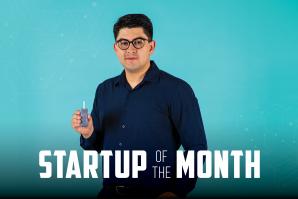
Startup of the Month: Biosense
Innovative test strips measure glucose and other substances from saliva
Founded in 2020, Biosense is based on technology with development
led by Luis Bojorquez, founder and CSO. Bojorquez specializes in
combining tiny natural substances (e.g. proteins) with inorganic
materials to develop novel biosensing technologies.
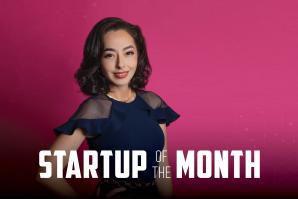
Startup of the Month: Advance Ag
Agtech company aims to bring real-time data tools to farmers
Using Internet-of-Things devices and sensors, the Sacramento-based startup analyzes real-time plant data to monitor the health and performance of crops and water soil saturation.
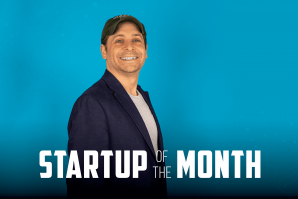
Startup of the Month: California Cultured
Food tech company makes real chocolate from plant cells
It takes about five years for a cocoa tree to grow and start producing cocoa beans. But Alan Perlstein, who spent the last 20 years in cellular agriculture and pharmaceuticals, had an idea: Why not bypass the tree and just grow the bean?
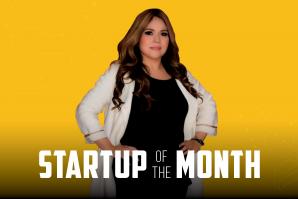
Startup of the Month: FarmX
E-commerce platform empowers farmers
Fairfield-based FarmX enables farmers to sell directly to grocery chains and restaurants via its e-commerce platform.
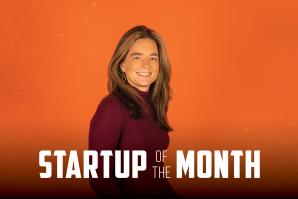
Startup of the Month: Mediminder
New device helps people with allergies track EpiPens
With her Davis-based startup, CEO Liz Tang wants to remedy the
problem of people with medical conditions not having immediate
access to the medical devices that may save their lives.
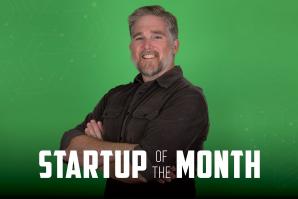
Startup of the Month: EV Life
Financing platform gives potential EV buyers a boost
EV Life was created to help make the cost of an electric vehicle
equal to or less than a car that runs on gas. The startup’s
founder and co-CEO explains how his business works with potential
EV buyers in three phases.



